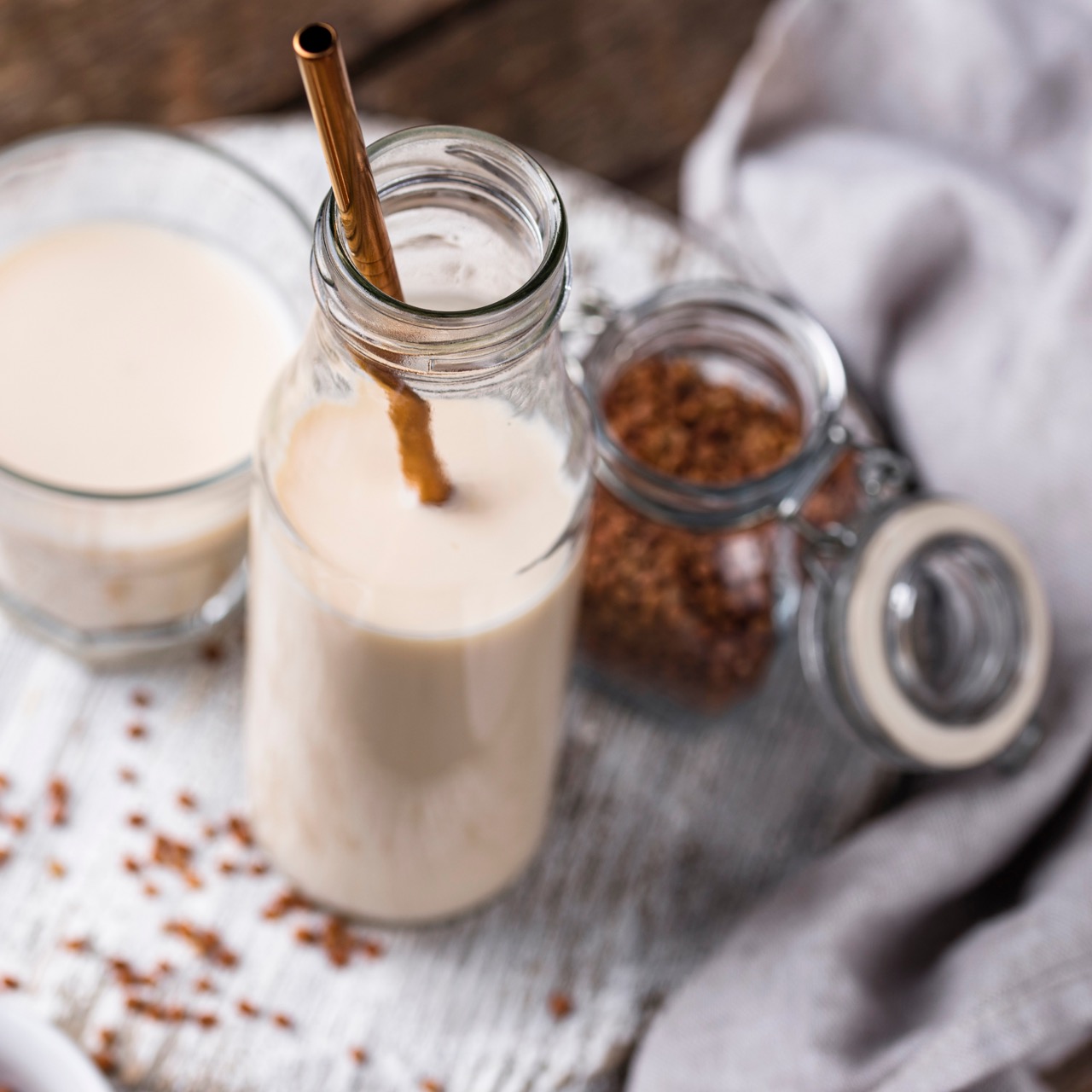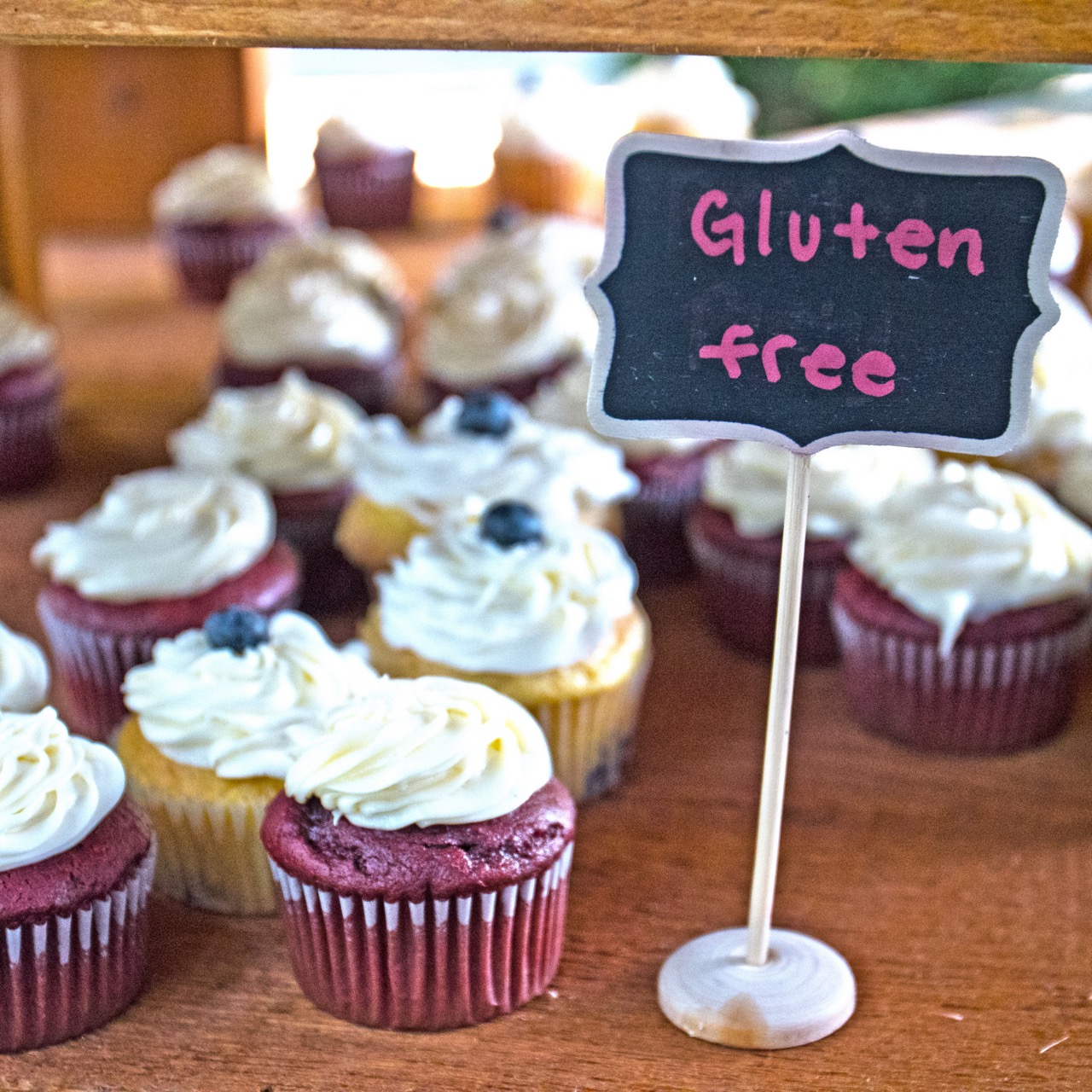This website uses cookies so that we can provide you with the best user experience possible. Cookie information is stored in your browser and performs functions such as recognising you when you return to our website and helping our team to understand which sections of the website you find most interesting and useful.
DIETING REQUIREMENTS
Ninety percent of food allergies are linked to just eight foods: milk/dairy, eggs, fish, shellfish, tree nuts, peanuts, wheat (gluten), and soybeans. Unfortunately, most of these are commonly used in food production, and in ingredients formulation, and we know how important it is for consumers to feel comfortable when consuming specific foods and beverages. Furthermore, there is a wide variety of voluntary diets that have risen to fame in recent times, such as vegan-vegetarian, keto, paleo, low-carb, pregnancy, etc. These are not always linked to specific food allergies or intolerances but can restrict a similar if not greater range of foods and ingredients. Last – but not least – in addition to ingredient sensitivities and lifestyle choices, there are religious reasons that prohibit certain foods, or require special processing methods. Certain religions consider pork as impure, others exclude alcohol, and a few have mandatory rules about food preparation and ingredient segregation.

LACTOSE-FREE
Experts estimate that approximately 70% of the world’s population has some kind of lactose intolerance or malabsorption, with number reaching 90% with certain ethnic groups. Lactose intolerance increases with age, but many consumers are unaware of that. Symptoms of lactose malabsorption are far from pleasant, and include bloated stomach, with cramps and pains, nausea, and vomiting, just to name a few. Growing concerns about immunity and health, combined with an increasingly informed consumer base, changing lifestyles and demand for more natural, sustainable, and ethical food sources is pushing consumers to look for less processed, lactose-free foods, often of vegetable origin.

GLUTEN-FREE
Gluten-free is one of the most popular diet trends in the world, even amongst the non-coeliac population, with one in five consumers reducing or eliminating gluten from their food intake because they believe it is unhealthy. Gluten-free has been integrated into a broader, health and wellbeing mantra, that has pushed the market to a healthy $5.6bn. Cereals like wheat, rye, kamut, spelt, malt, and barley all contain gluten, and today gluten-free products have left the special-dieting stores to land on all major food retailers’ shelves, with alternatives to almost any food, from pasta, and bread, to beer.

